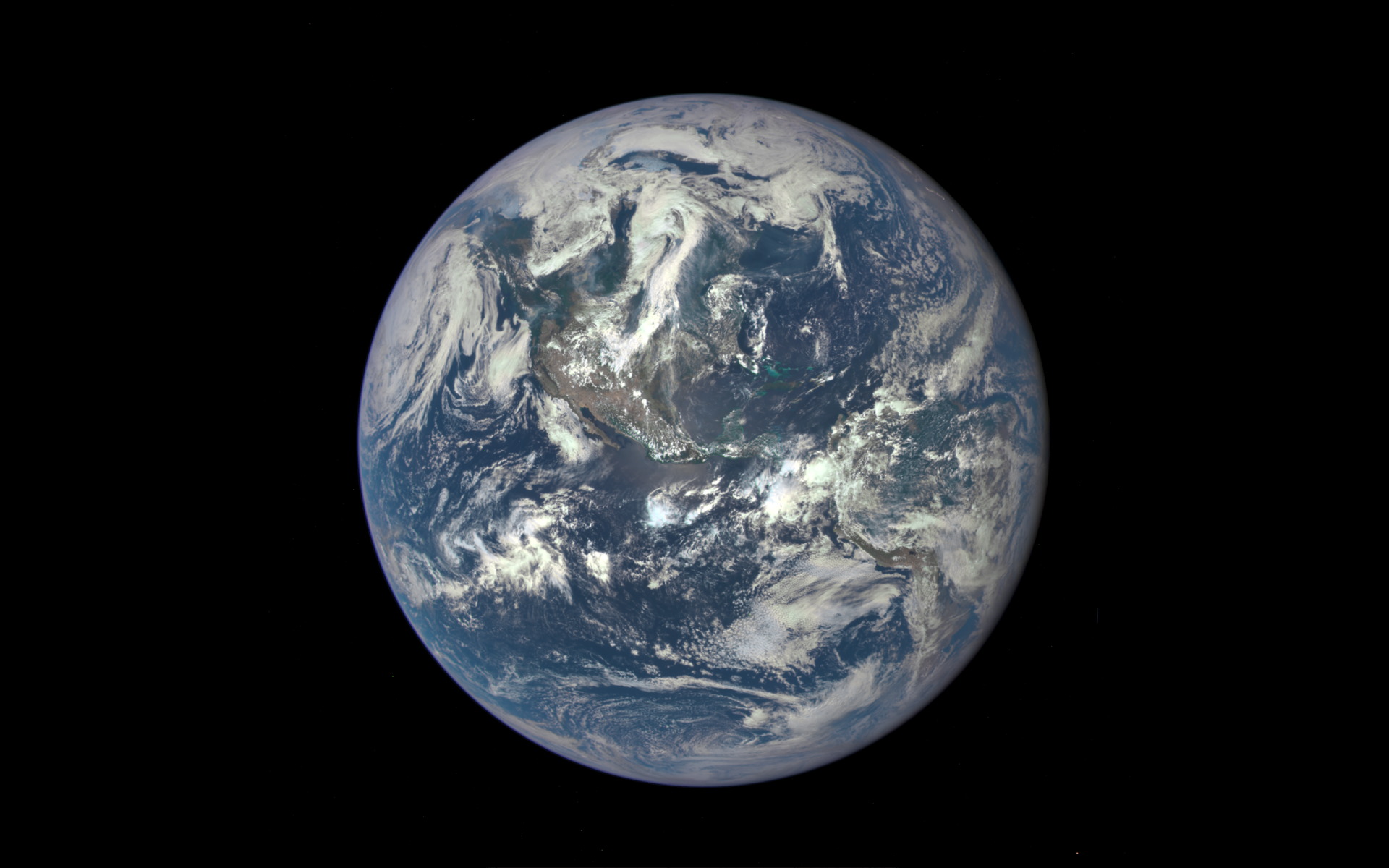The summer of 2023 was Earth's hottest in 2,000 years, scientists find
"It's just so obvious we should do as much as possible, as soon as possible."

The 2015 Paris Agreement, meant to constrain global warming to 1.5 degrees Celsius above pre-industrial levels, has already been breached, according to European scientists who found that last summer was Earth's hottest in the past 2,000 years across the Northern Hemisphere.
More specifically, the new estimates, derived from tree ring records, show the summer of 2023 was 2.07 degrees Celsius warmer than pre-industrial levels — which means the world warmed beyond previous estimates, which placed the quantity at 1.48 degrees Celsius above pre-industrial levels. Comparatively sparse data about the Southern Hemisphere, which responds differently to climate change than its northern counterpart, makes it difficult to draw conclusions about that region's climate over the past two thousand years, the scientists say, which is why their study focuses on the Northern Hemisphere.
Nonetheless, the new finding doesn't come as a surprise to climate scientists after we've seen record-setting temperatures sweltering the U.S., Europe, China and other areas across the world all throughout last summer. It was hot enough tothaw Antarctic sea ice to unmatched lows and spark the worst wildfire season in Canada yet, which scorched an unprecedented 45 million hectares of land.
Related: The 'safe' threshold for global warming will be passed in just 6 years, scientists say
"I'm not surprised," Jan Esper, a climate scientist at the Johannes Gutenberg University in Germany, told reporters during a press briefing. "I am worried about global warming — it's one of the biggest threats out there."
On top of global warming driven by greenhouse gas emissions, primarily a result of human activities such as burning coal, the unparalleled heat of 2023 was exacerbated by El Niño, which is a recurring weather pattern unfolding in the Pacific Ocean that's linked to warmer temperatures on average. Scientists say global warming caused by heat-trapping gases has actually been strengthening El Niño over the past 60 years, which affects weather worldwide by spiking temperatures that are already high, and resulting in hotter, longer summers with severe heatwaves like those seen last year.
Although the weather pattern is now weakening toward neutral conditions, scientists warn that this summer is likely to shatter records once again. April has already been reported to be the hottest on record after extreme ocean heat persisted for the 13th consecutive month, according to the European Union's Copernicus Climate Change Service.
Get the Space.com Newsletter
Breaking space news, the latest updates on rocket launches, skywatching events and more!
"It's just so obvious we should do as much as possible, as soon as possible," said Esper.
Esper and his team analyzed archival data of year-to-year temperature fluctuations recorded in the ring widths of trees, which scientists say is the only reliable record that covers the past 2,000 years. By comparing tree ring records to early instrumental data, the 1850 to 1900 period referenced in the 2015 Paris protocol to describe pre-industrial temperatures "was several tenths of a degree Celsius colder than thought," the scientists say. By recalibrating that baseline, which they say was first calculated using sparse and sometimes inconsistent 19th century instrumental data, they found our planet had warmed by 2.07 degrees Celsius compared to pre-industrial levels, which is higher than what previous estimates had suggested.
The findings are also consistent with a recent report by the World Meteorological Organization (WMO) confirming 2023 to be the warmest year on record, possibly in the past 100,000 years. "The state of the climate in 2023 gave ominous new significance to the phrase 'off the charts,'" WMO said in a statement.
Scientists say the temperature difference between historical tree ring data and instrumental data "fundamentally question the calculation of temperature ranges considered in the 2015 Paris Agreement." The new results mean the goal, sought by nearly 200 countries as part of the agreement to avoid global warming to 1.5 degrees Celsius above pre-industrial levels, “has already been superseded,” according to the new study.
"One one hand, this is just a technical issue—the warming didn't change, the reality didn't change," Esper told reporters. But, he added, "it's important to get the numbers right."
Additional measurements of tree rings from other parts of the world would allow scientists to contextualize their findings further back in time. "There's a lot of wood out there," Esper told reporters during the briefing. Scientists, however, are challenged by difficulties and delays in getting permission to sample trees, he noted. "Often, we do not get the permission, or it takes too long, and that of course hinders the progress to produce longer records and update the records."
The team's paper was published on May 14 in the journal Nature.
Join our Space Forums to keep talking space on the latest missions, night sky and more! And if you have a news tip, correction or comment, let us know at: community@space.com.

Sharmila Kuthunur is a Seattle-based science journalist focusing on astronomy and space exploration. Her work has also appeared in Scientific American, Astronomy and Live Science, among other publications. She has earned a master's degree in journalism from Northeastern University in Boston. Follow her on BlueSky @skuthunur.bsky.social









